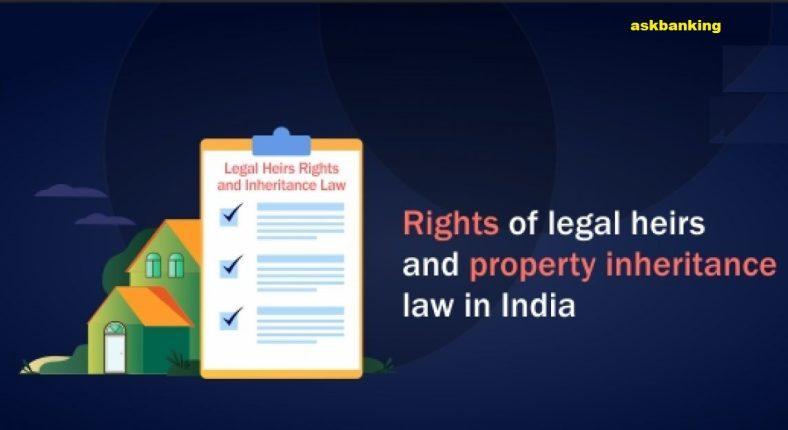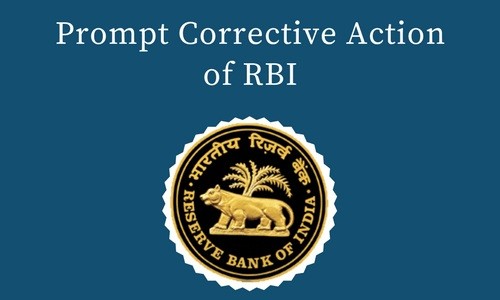
Can Children of Legal Heirs Stake Claim in Property if already gave up inheritance claim by them in the past – Property dispute between the family members are common, and a major hurdle for bankers in financing home loan or mortgages. If the loans are not financed with uttermost legal clarity, there may be dispute due to various laws and bank doesn’t want to go with any such dispute later on. So generally don’t mortgage such properties. A must read for financing and sanctioning Home Loan or Mortgage Loan on such properties :
The various legal disputes related to Legal heirs claim and their subsequent rights are :
As per various laws, the right of children and legal heirs are :
- If the owner has inherited a property through a Will, his children are also considered legal heirs to that property
- Christians, Muslims and Parsis, there is no such inherited, self-acquired property and ancestral property concern
Right of Children of Legal Heirs
Can a children stake claim in the property including their rights in the ancestral property if father or mother or parents or a family member has waived off their rights in their inheritance for various reasons, including a dispute ?
The right of children in the property are in general claimed based on the facts that whether property that a person holds is self-bought, inherited or held by a coparcener in case of a Hindu Undivided Family (HUF).
Right of Children in Self-acquired Property
The owner of the property if it is self acquired can bequeath it as per his wish.
Right of Children in Ancestral Property
If the owner has inherited a property through a Will or otherwise, his children are also considered legal heirs to that property. A person who receives a legacy under the Will, or who receives a property after the death of a person is called the legatee or legal heir.
If the legal heir chooses to give up rights in the inheritance, he or she will have to present a written letter in favor of other heirs, stating they are giving up their claim in the said property and in such a case, the children of this person will also not be able to stake claim over the property in future.
How Can a legal heir get the complete rights on Property ?
As per Section 104 of the Indian Succession Act, 1925, the legal heir would have a vested interest in the legacy after the death of the person who made the Will. But Section 332 of the same Act says that the approval of the administrator—a person appointed by the court to administer the assets of the deceased person, typically, in the absence of a Will—is necessary in order to give the legal heir complete rights to his or her legacy.
According to this Section, the assent of the administrator is required only to complete a legal heir’s title to his or her legacy and not for its acquisition. However, if a person forgoes the right before the approval of the administrator, then his or her children or family member will have no right in the said property.
What is Release Deed ?
In case the property has already been transferred to the legal heir by the administrator, he or she can still relinquish rights in the legacy by executing a “deed of release” of his or her rights in the property duly executed and stamped. A deed of release typically is a document that releases involved parties in a deal from various obligations.
Before financing a mortgage or home loan on such immovable property, the deed of release would require to be registered under the Indian Registration Act, 1908.
Claims in ancestral property
Section 8 of the Hindu Succession Act, 1956 says inheritance of ancestral property after 1956 does not create an HUF property. The inherited property is to be considered as self-acquired and the inheritor can, thus, waive off rights in the property which would also bind on the inheritor’s legal heirs.
Before 1956, according to traditional Hindu law, if a male member of an HUF inherited a piece of property from his paternal ancestors until three generations above him, then his male legal heirs up to the next three generations or degrees had an equal right in the ancestral property. In this case, the question of conflict that arose often was whether a male family member could give up or waive off his rights to his ancestral property and whether such waiver would be binding upon his legal heirs. As per this law, the male ancestor inheriting ancestral property could not waive off his rights because doing so would deprive his male legal heirs from their share in the ancestral property which would vest in the heirs as HUF property. Also Know – Can HUF Continue After Death of Karta ?
[wpsm_recent_posts_list cat=”689″ show=”5″]









Leave a Comment